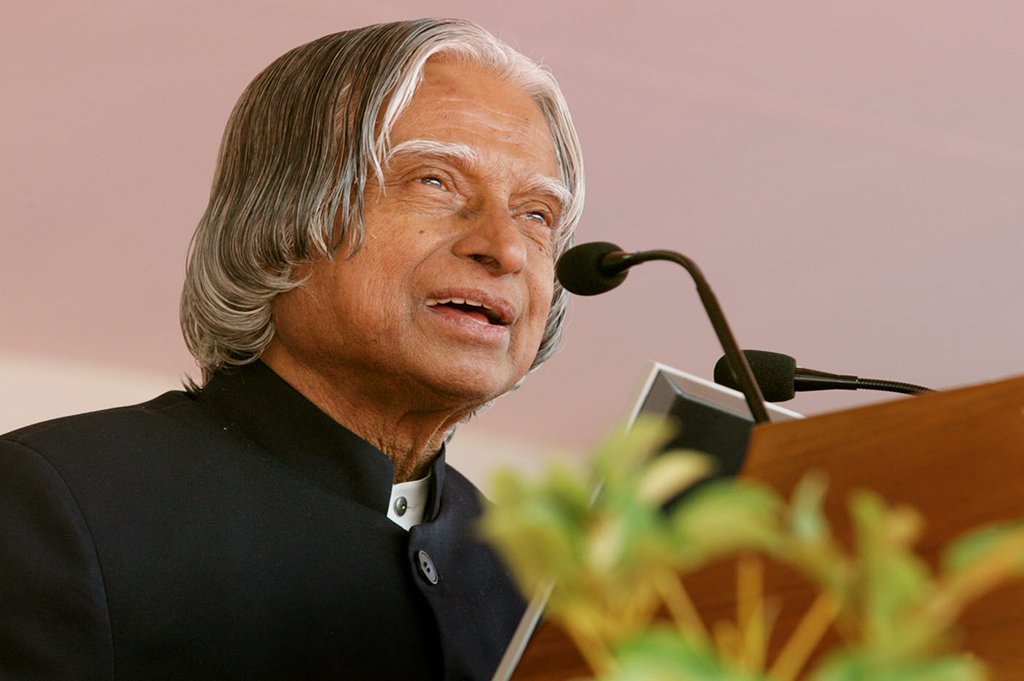Indian Muslims are often accused of following the wrong kind of Muslims for the wrong reasons. For example, Maududi, Sir Syed Ahmed Khan acclaimed as a modern reformist while having regressive opinions by modern-day standards, Dawood the most wanted, the Memon brothers because their charity zombified the population against their crimes, Afzal Guru and the whole fiasco in JNU, Maqbool Bhat actually a bank robber handed over to the police by locals, Ali Shah Geelani, Ajmal Kasab, etc. But of course negative sells for TRP. That billions of Muslims all over India do not follow or adhere to the lives of the above-mentioned and are even critical of them never gets cover space.
If one sits and talks to Muslim youngsters asserting their Muslim identity in an increasingly Hindu-aware India or the ones who are realizing that their community has been in the doldrums for too long, reinforced by selfish, hawkish Muslim leaders and politicians, even the elite. upstanding civil society – one comes to know that they are sifting through history and the current times and have come up with their own Muslim icons.
Towering over everyone else is Arif Mohammad Khan, currently governor of Kerala state. Every single Indian Muslim remembers his integrity when he resigned from his position of Minister of State in the Congress Government in protest over the then Prime Minister Rajiv Gandhi’s handling of the Shah Bano case in 1986. Arif Sahab has always supported reformation within Muslims; he opposed the triple talaq, advocating that it should be punishable with 3 years in jail. He also advocates abolishing the All India Muslim Personal Law Board. It was in this context that Arif Mohammad Khan supported the Supreme Court of India’s judgment in the Shah Bano case to make the right to maintenance of a divorced Muslim wife absolute. Arif Sahab’s books are discussed from the deadliest conflict-ridden Kashmiri districts to the ISIS-infested Kerala state and creating an increasing crescendo for reforms in Islamic jurisprudence.
My own favorite Muslim icon is the “Angry Young Secularist”, the late Hamid Dalwai. Trying to revive him from obscurity, with his Muslim Politics in India (his talks in Marathi, translated by Dilip Chitre into English) and his Indian Secular Society which he co-founded with A. B. Shah and his devoted wife Mehrunnissa.
Hamid Dalwai pointed out “Muslim obscurantism” (the practice of deliberately preventing the facts or full details of something from becoming known) in the 70s itself. He was equally critical of both, the Muslim and Hindu far-right and would lash out at them for their narrow vision, their limited views, earning the epithet – angry young secularist. Hamid lives on in his work, expanded by A. B. Shah (his foreword to Muslim Politics is a manifesto for Muslim reforms in itself) and now by young Indian Muslims distributing it, translating it into other regional languages. I am hoping he will make it to the mainstream curriculum in Jamia Millia and Aligarh Muslim University as well as across various madrasas across the country.
No one has received so much flak from the Muslim community as A. P. J. Abdul Kalam, the ‘Missile Man of India’. He is India’s humble origins to national honor story and is taught in school textbooks across the country. India’s pride at having an Aerospace Scientist as a President; his ‘Wings of Fire’ and ‘Ignited Mind’ have inspired millions of Indian kids of all creeds, castes, and beliefs. The 11th President of India, popularly known as the ‘People’s President’ was respected in the neighboring countries and internationally too; something that PM Nehru and Dr. Ambedkar share with him.
The Bharat Ratna (India’s highest civilian honor) was an independent original mind, who made his own spiritual journey, a proud and practicing Muslim. I am always excited to teach excerpts from his life in the various NCERT books scattered across the Indian curriculum which reinstate his interfaith upbringing in his hometown of Rameswaram.
From his biographies and autobiography, we come to know that the early exposure to his father A.P. Jainulabdeen, an imam, and Pakshi Lakshmana Sastry, the head priest of the Ramanathaswamy Hindu temple, and a Church priest, “sitting with hot tea and discussing the issues of the island”, instilled in him the importance of dialogue and cooperation as the solutions to India’s multitudinous issues which the religious, social and political leaders ought to imbibe. Kalam believed that “for great men, religion was a way of making friends, for small people religion a fighting tool.”
He drew flak from such small Muslim people who criticized his syncretic approach of appreciating various elements of the many spiritual and cultural traditions of India. Described as a complete Indian for his learning of Sanskrit; reading the Bhagavad Gita; being a vegetarian; writing Tamil poetry; playing the veena; listening to Carnatic devotional music every day; parties across the political spectrum hailed him as the unifier of diverse traditions.
Kalam’s life dedicated to making India a knowledge superpower and a developed nation, his hard work for the country’s defense system while advocating syncretic spirituality will always be the best exemplar of the Idea of India – embodying the best of all the cultural and spiritual traditions that signify India’s unity in immense diversity, as quoted by L. K. Advani for him. Also Read: Indian American Muslim Council Rejoices Over Taliban Victory
Indian Muslims should be following the above-featured icons and hopefully, they increasingly will.
(Arshia Malik is a Delhi-based writer, blogger and social commentator.)
[Disclaimer: The opinions, beliefs, and views expressed by various authors and forum participants on this website are personal.]

















